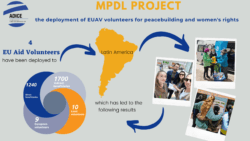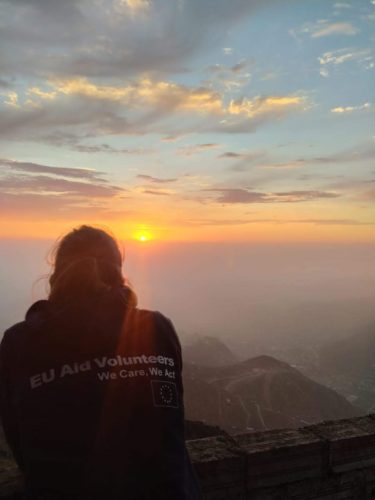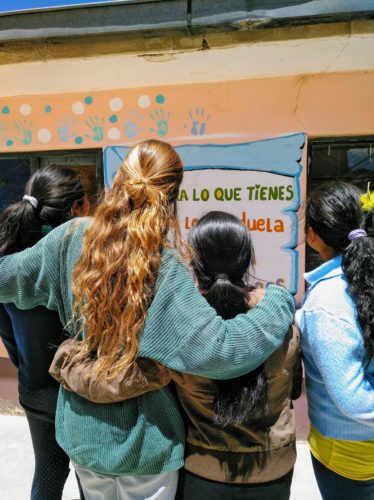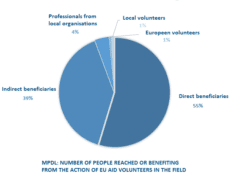The Impact of Humanitarian Volunteers in Bolivia and Peru on Peacebuilding and Women’s Rights: The MPDL Project Example
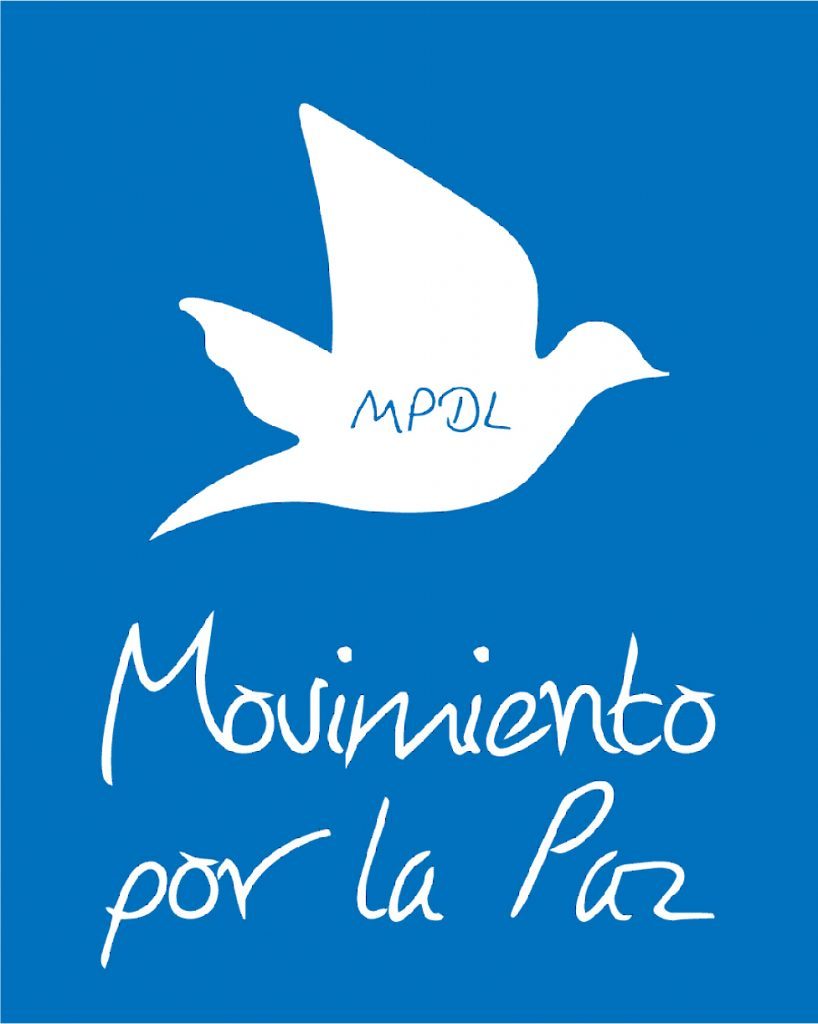
After two years of work, on October 14, 2020, the project “Deployment of Volunteers for Peacebuilding and Women’s Rights” also known as MPDL[1] will come to an end. In this article, we would like to come back to the progress and impacts of this project, which aims to contribute to capacity building by the European Union in order to provide needs-based humanitarian assistance, as well as capacity and resilience of vulnerable or disaster-affected populations in developing countries. This type of project gives European citizens the opportunity to show solidarity with populations in distress by engaging in humanitarian actions in these countries.
The MPDL project as a whole includes six experienced organizations, two European (from Spain and France), and four South American ( from Colombia, Peru, Guatemala, and Bolivia) that share a common vision and values, particularly in the area of volunteering and mutual aid. Through the deployment of sixteen trained volunteers, the capacities and synergies of the host organizations were strengthened, vulnerable, and/or disaster-affected communities were consolidated and also the values of the EUAV program were promoted. In the framework of the MPDL project, EUAV volunteers were deployed to support humanitarian activities with a gender focus, as well as to provide support in the area of communication and visibility. The project includes the selection, training, and deployment of the EUAV volunteers as well as remote support over a period of 24 months. Additional training for the volunteers includes the issue of gender within humanitarian aid and the challenge of peacebuilding as a cross-cutting approach in all their activities.
ADICE as the sending organization deployed 4 volunteers: two in Bolivia and two in Peru. Celia Galve González and Sara Lucchetta were deployed to the Fundación Munasim Kullakita, a Bolivian NGO based in El Alto. This NGO has been committed since 2008 to preventing, eradicating and minimizing the effects of sexual exploitation of children, using an innovative approach that involves the community in all its phases.
Celia is a psychologist in the field of international cooperation and has been able to work directly with more than 75 beneficiaries in Bolivia. She has been able to conduct psychological assessments and apply empathic listening techniques to people who were in vulnerable situations, especially Venezuelan refugees.
Sara, for her part, was able to work throughout the year in two shelters, which take in children, adolescents, and young women who are victims of sexual exploitation and human trafficking and support them and their families throughout a rehabilitation process. It has also contributed to identifying and working with Venezuelan migrants and asylum seekers arriving in Bolivia after turbulent journeys on regular and irregular migration routes
Isabel Trillo and Sara Galbiati were deployed in the Aprodeh Association [2], a Peruvian NGO based in Lima. This organization is committed to the comprehensive defense and promotion of human rights, whose mission is to contribute to the development of the social, political, and legal process that protects and promotes the effectiveness of all rights for all citizens, as part of improving efforts to build an equitable and democratic country.
Isabel was able to work as a communications specialist with expertise in audiovisual and international cooperation. Through her work, the organization was able to design and implement an internal and external communication plan with the strategies and tools that best adapted the organization. In particular, it had the opportunity to draft a cooperation project for the largest district in Lima focusing on disaster risk management.
Sara has been deployed within the organization Paz y Esperanza, a local partner of the NGO Aprodeh. She was able to work in the Positive Discipline program in the field of child protection. Developing workshops and discussions on respectful parenting, with the aim of helping parents and caregivers to educate children and adolescents to respect their fundamental rights, especially in the context of COVID-19.
Thanks to the MPDL project, more than 3,000 people have been directly and indirectly supported by our volunteers, which has fostered their professional and personal development. The volunteers were able to work with several target populations in different regions of the host countries. They were also able to combine fieldwork with coordination and monitoring tasks, and to carry out activities while being fully immersed in the local context. Their field activities were interrupted by the contingency of COVID-19 which required them to rethink strategies and best approaches to continue working with the population, and therefore they also had to adapt to new tasks and working methods.
These activities described above will continue to provide opportunities for more host organizations to benefit from capacity building, technical assistance and more EU volunteers deployed in these developing countries.
Since March, the volunteers had to strictly follow the prevention and protection protocols and therefore work mainly at home. They continued to coordinate and monitor project activities, which gave them invaluable insight into management and monitoring activities.
Despite the fact that this year has been very special and dramatic, for these volunteers and the local community, it has also been rich in personal and professional lessons. The volunteers were able to return to their home countries, after helping with team building, humanitarian aid projects and visibility activities with other EUAV volunteers to improve the capacities of local communities and organizations for an effective response to humanitarian crises with a special focus on gender and peacebuilding issues.
[1] Movimiento por la Paz, name of the project leader.
[2] Association Pro Derechos Humanos
-
A Guide to Communication in the Context of Humanitarian Crisis and Peacebuilding : GUIA_COMUNIC_FRAN_V3 (2) MPDL1
-
The detailed experiences of the volunteers in the field : Livret expériences des volontaires sur le terrain

